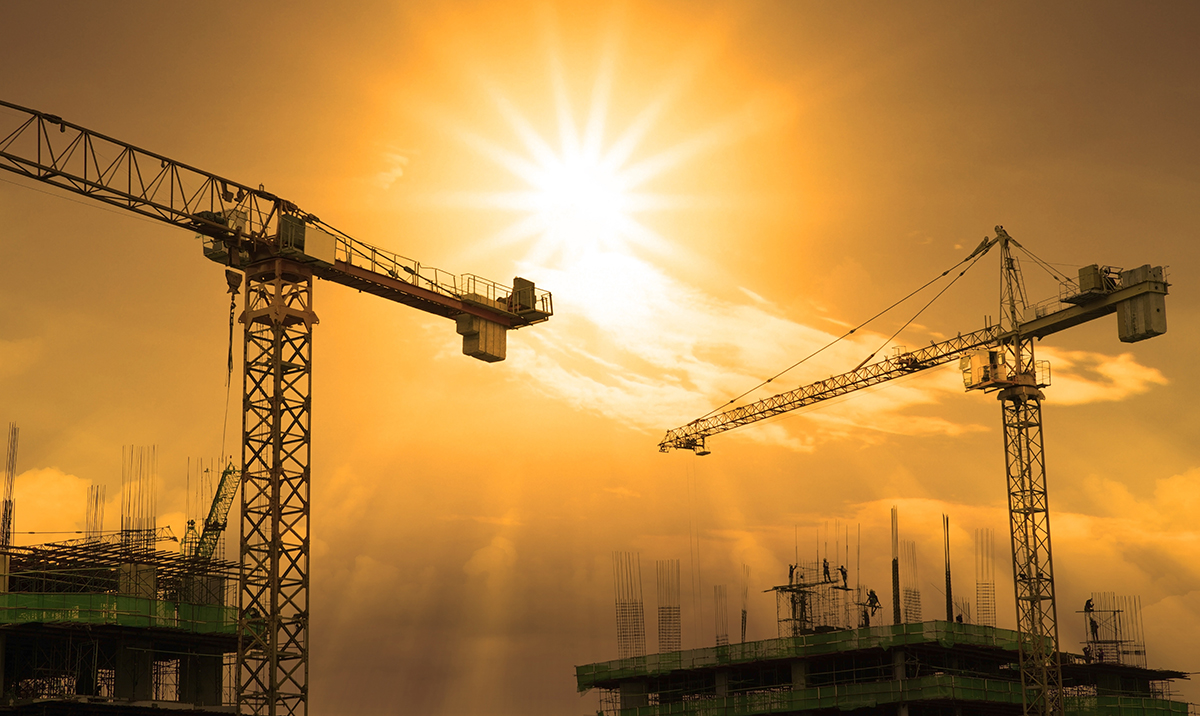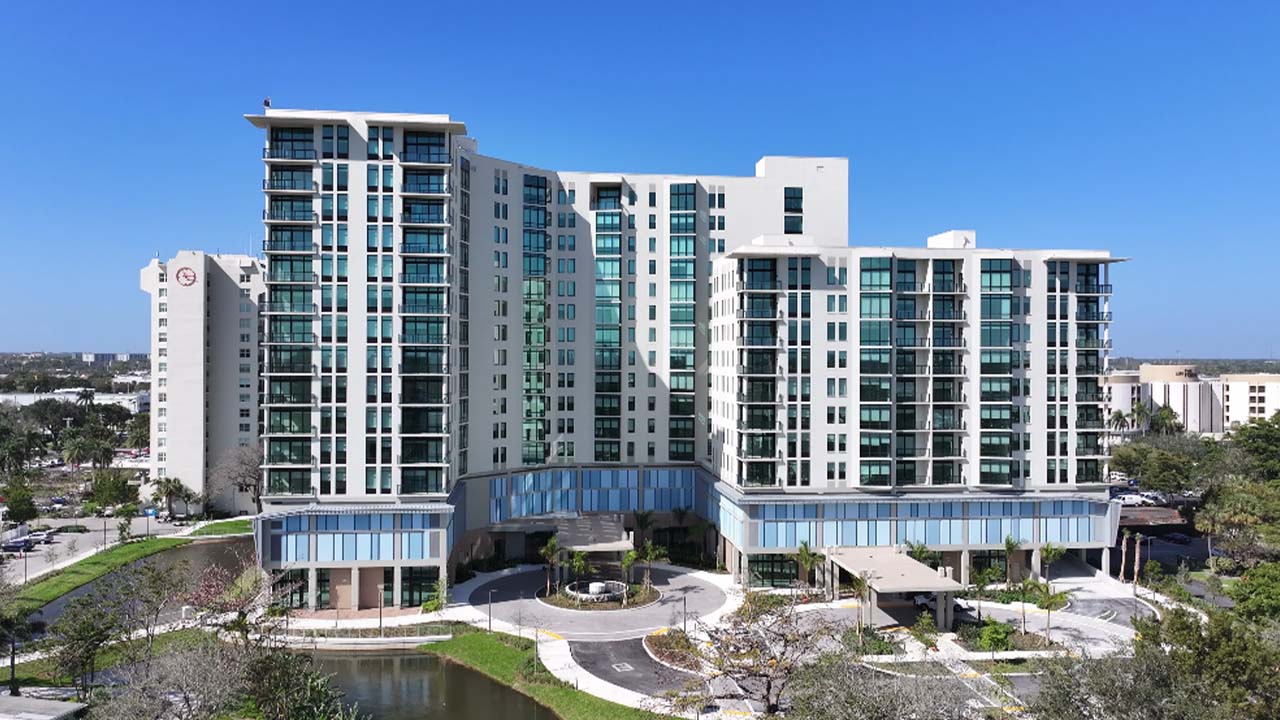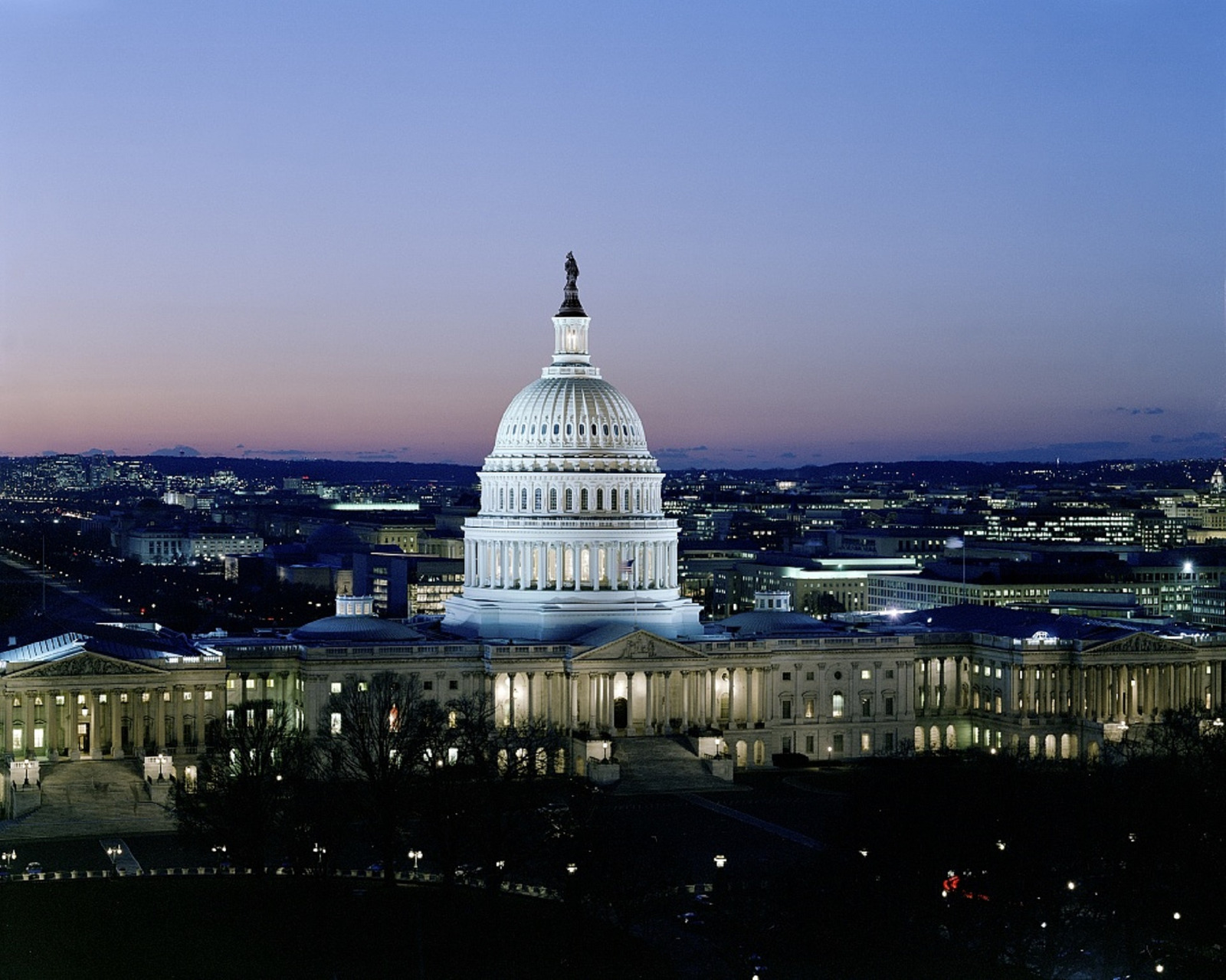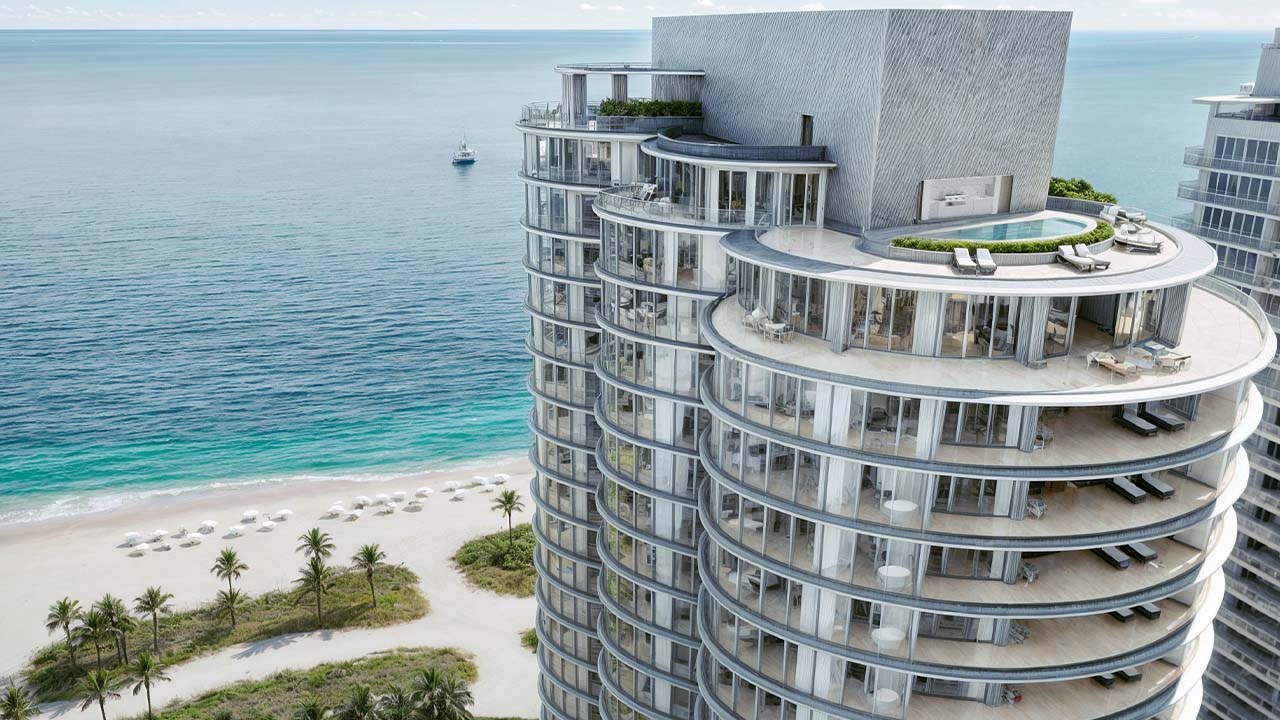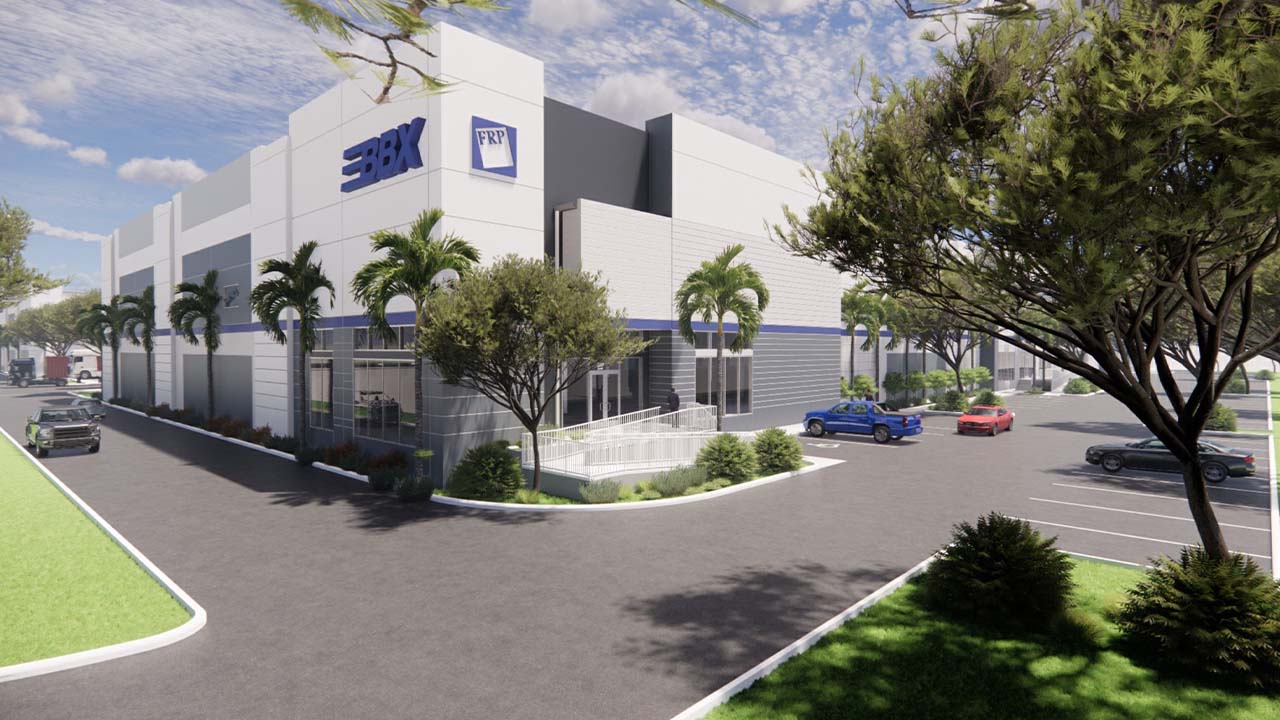By Stephanie M. Chaissan
Construction projects in Florida are now feeling the effect of the coronavirus outbreak, which is rippling through the supply chain, raising contractual issues and creating questions about how to protect workers.
The U.S. imports a significant amount of construction materials from China, including doors and windows, flooring, countertops, drywall, insulation, cement, metal roofing, plastic pipes, and steel. One economist, Richard Branch with Dodge Data & Analytics, estimates that nearly 30 percent of the U.S.’s building materials come from China, making China the largest single supplier in the U.S. Moreover, China is home to seven of the world’s ten busiest container ports, Singapore and South Korea also each maintain a mega port. With over 80,000 confirmed cases in China, the impact of the illness and quarantine on the supply line is felt and the ability to ship and import construction materials and other good declines.

For owners and contractors, the question will become, “how does this affect my project?” Several outcomes are possible: projects may be suspended or shut down due to unavailable materials, insufficient workforce, or “social distancing;” contracts may be terminated if the delay is long enough; and extensions of the time to complete a project will likely be necessary. Issues such as the inability to obtain materials or delays in scheduling can likely be dealt with contractually. For example, AIA Document 201-2017 General Conditions of the Contract for Construction provides that the contract time shall be extended for a reasonable time if the work is delayed due to “unusual delay in deliveries, unavoidable casualties… or other causes beyond the Contractor’s control.” (Section 8.3) (emphasis added). One question is: What is a “reasonable time”? In addition, Section 8.3 does not preclude the recovery of damages for delay by either party. (Section 8.3.3).
If the construction contract contains a force majeure clause, a party may not be liable for a failure or delay in performance if the failure or delay is beyond the party’s reasonable control and could not have been foreseen or provided against. This generally includes natural disasters, such as hurricanes, and, in this author’s opinion, should include at least most, if not all, delays due to COVID-19.
All participants in the construction industry need to be aware of the need to balance the obligation to stay on schedule and maintain the health and welfare of those working on the project. Section 14.3.1 of the AIA General Conditions allows an owner to suspend the Work for “convenience” (i.e., any reason or no reason) upon written notices for any period the owner may so determine. Section 14.1.1 of a contractor can terminate the contract if work is stopped for 30 consecutive day through no fault of the contractor, their agents, etc., upon the “[i]ssuance of an order of a court or other public authority having jurisdiction that requires all Work to be stopped” or “[a]n act of government, such as a declaration of national emergency, that requires all Work to be stopped.” Both the governor of Florida and the mayor of Miami have declared states of emergency, however, as I write this column neither has ordered the suspension of construction works. On March 16, 2020, the Mayor of Boston announced that all construction projects in the city will be suspended. The Pennsylvania Department of Transportation took similar measures and suspended all projects in the state.
Using statistics from a database maintained by the U.S. Department of Labor that describes various physical aspects of different occupations, The New York Times gave construction laborers a score of 73, out of 100, in terms of how close in proximity they work to each other.
Although construction projects have not been ordered to cease in Florida or any of its political subdivisions, the industry will be hampered by closures of public agencies, for example, the Miami Beach Building Department. Coupled with the supply line disruptions and material shortages due to a slowdown in imports, there will undoubtedly be issues of delay, suspension, or even termination of projects.
All construction projects should abide by the CDC’s health guidelines for COVID-19 and the recommendations of OSHA, including frequent hand washing, installation of temporary plastic “sneeze barriers,” and social distancing. While these guidelines may be an added expense or cause a delay in the work, the less we do as a society and in the construction industry to slow the transmission of the virus, the longer we can expect more detrimental effects.
With numerous companies considering or instituting quarantining, social-distancing, and other measures to prevent further spreading of the virus, COVID-19 is likely to have a major disruptive effect on construction projects for the foreseeable future. Coupled with the outbreak, the situation may be considered a force majeure event, beyond the reasonable control of any party with delays, contract suspensions and time extensions reasonably expected.
Stephanie M. Chaissan is a member of Berger Singerman’s Dispute Resolution Team based in Miami. She practices primarily in complex commercial litigation, with a focus on business and construction litigation.



